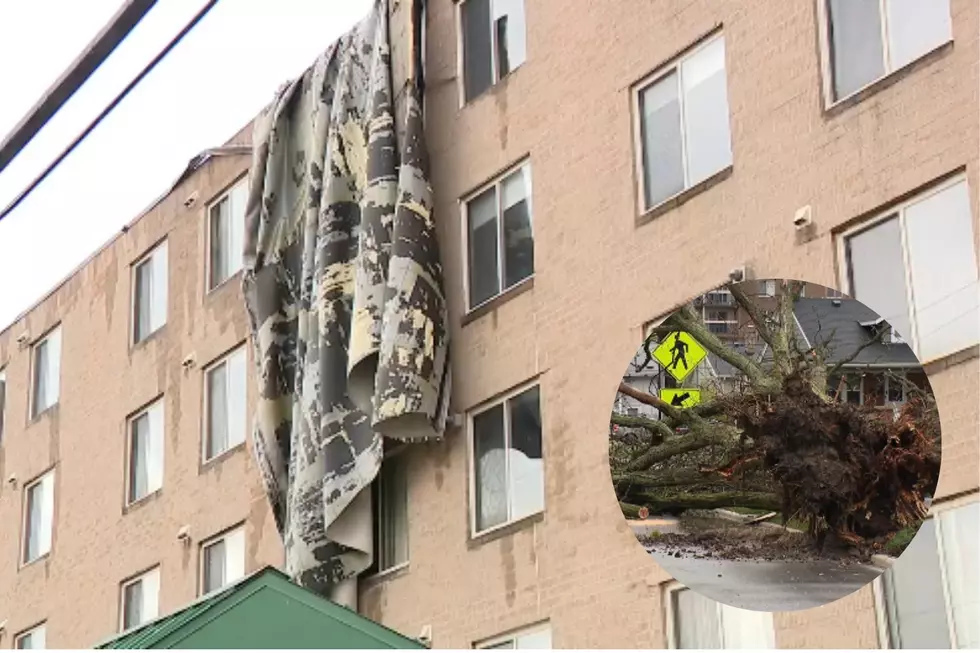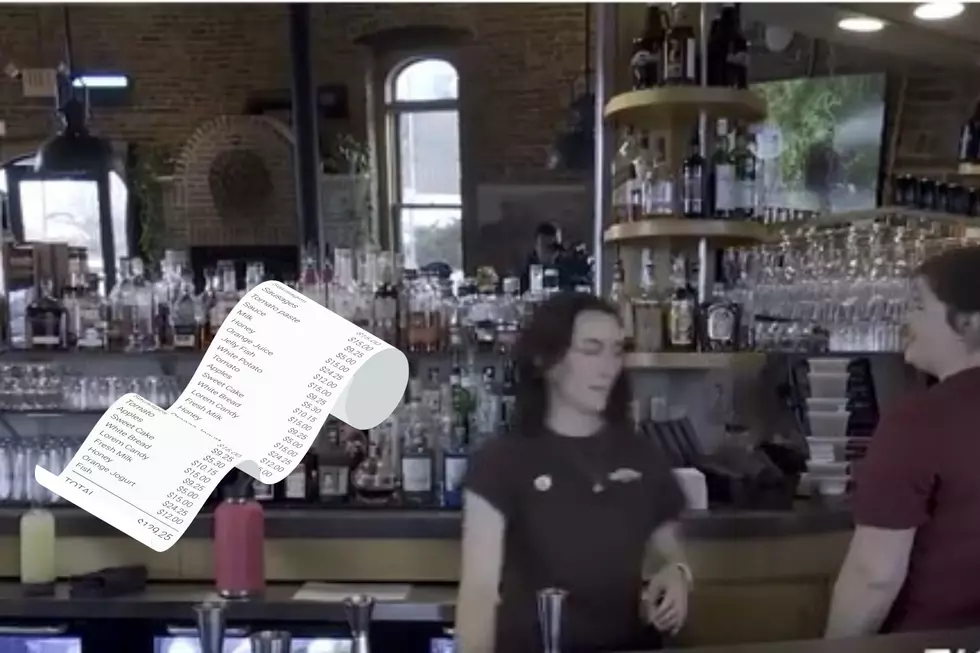Celebrating LGBTQ Cinema in Honor of Pride Month and Those We Lost in Orlando
June is traditionally a month of victory for the LGBTQ community. It’s the one time of the year lesbian, gay, bisexual, transgender people, and all other spectrums of queer sexualities and gender identities come together to honor the queer heroes who rioted, fought, and persevered before us. It’s a time of joy, of marching in parades, dancing in queer nightclubs and seeking comfort, safety, and acceptance as an LGBTQ person. But this year that sacred month of celebration was tarnished by the largest hate crime the LGBTQ community has ever faced.
Early Sunday morning, 49 queer people, many of whom were people of color, were murdered in the gay nightclub Pulse in Orlando, Florida. An additional 53 queer people were injured in the attack. It was the biggest shooting in U.S. history, and it was an act of hateful violence against LGBTQ people.
As queer, non-binary person, I’ve had difficulty processing the news. My emotional state has oscillated between rage and grief, between disgust and fear. I’ve felt nauseated by mourning, unable to return to the routine of daily life as many people around me have. I’ve been enraged by the way some in the media have denied the identities of the Orlando victims and refused to acknowledge this attack as an act of homophobia and transphobia.
Like those who lost their lives at Pulse nightclub, I also spent last Saturday night celebrating Pride Month at a queer dance party. The queer nightclub is a sacred space unlike anything else; it’s a place of safety where people go to feel accepted, to escape the anxieties of living in a predominantly straight, cisgender world, to dance and dress and be free in their gender and sexuality. I looked around that party on Saturday night at the sweaty, glowing mass of diverse queer bodies dancing to Beyonce and Rihanna, and felt that feeling I often get in a queer space: I was home.
Beyond the love and support that’s radiated from the queer community this week, beyond congregating together in queer bars and at vigils, I needed to find strength in something else, something personal to me. I looked to film, the medium I turn to for expression, catharsis, and healing. I watched scenes from LGBTQ films that have given me strength in the past by making me laugh, cry, or feel a little less alone. I compiled those moments into a video essay in honor of those we lost in Orlando, those who face violence and harm every day (including the 14 trans people murdered in 2016 alone), and in honor of the spirit of Pride Month. This video celebrates the the language of queerness in cinema, a language made up of love, through kisses and embraces, and dancing, the moments queer people are freed from the judgements and dangers of the world through music. It’s also a language of courage, triumph, and, most importantly, family.
From Jennie Livingston’s Paris is Burning to Xavier Dolan’s Laurence Anyways, from Dee Rees’ Pariah to Sean Baker’s Tangerine, these are the films that remind us what is beautiful, empowering, and courageous about being queer. The violence in Orlando has left a painful mark on all of us, but violence will never break the LGBTQ community’s strength. In the words of Pariah’s Alike, “Breaking is freeing. Broken is freedom. I am not broken. I am free.”
More From Cars 108

![Straight Cop Has Personal Reasons to Support LGBT Community [PHOTO]](http://townsquare.media/site/87/files/2017/06/Cop-supports-LGBT.png?w=980&q=75)

![Russian Pranksters Call Elton John as Vladimir Putin, He Falls For It [VIDEO]](http://townsquare.media/site/87/files/2015/09/elton.png?w=980&q=75)






